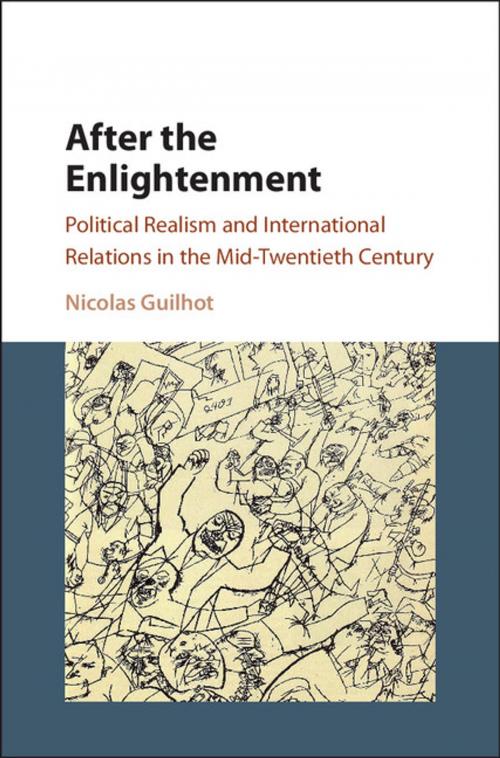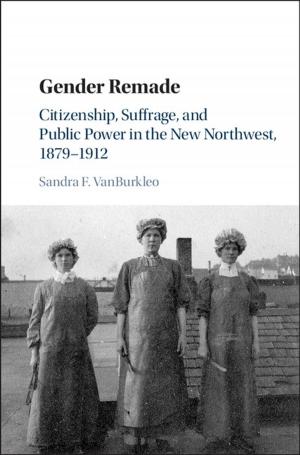After the Enlightenment
Political Realism and International Relations in the Mid-Twentieth Century
Nonfiction, Social & Cultural Studies, Political Science, International, International Relations, Social Science| Author: | Nicolas Guilhot | ISBN: | 9781316761915 |
| Publisher: | Cambridge University Press | Publication: | April 24, 2017 |
| Imprint: | Cambridge University Press | Language: | English |
| Author: | Nicolas Guilhot |
| ISBN: | 9781316761915 |
| Publisher: | Cambridge University Press |
| Publication: | April 24, 2017 |
| Imprint: | Cambridge University Press |
| Language: | English |
After the Enlightenment is the first attempt at understanding modern political realism as a historical phenomenon. Realism is not an eternal wisdom inherited from Thucydides, Machiavelli or Hobbes, but a twentieth-century phenomenon rooted in the interwar years, the collapse of the Weimar Republic, and the transfer of ideas between Continental Europe and the United States. The book provides the first intellectual history of the rise of realism in America, as it informed policy and academic circles after 1945. It breaks through the narrow confines of the discipline of international relations and resituates realism within the crisis of American liberalism. Realism provided a new framework for foreign policy thinking and transformed the nature of American democracy. This book sheds light on the emergence of 'rational choice' as a new paradigm for political decision-making and speaks to the current revival in realism in international affairs.
After the Enlightenment is the first attempt at understanding modern political realism as a historical phenomenon. Realism is not an eternal wisdom inherited from Thucydides, Machiavelli or Hobbes, but a twentieth-century phenomenon rooted in the interwar years, the collapse of the Weimar Republic, and the transfer of ideas between Continental Europe and the United States. The book provides the first intellectual history of the rise of realism in America, as it informed policy and academic circles after 1945. It breaks through the narrow confines of the discipline of international relations and resituates realism within the crisis of American liberalism. Realism provided a new framework for foreign policy thinking and transformed the nature of American democracy. This book sheds light on the emergence of 'rational choice' as a new paradigm for political decision-making and speaks to the current revival in realism in international affairs.















